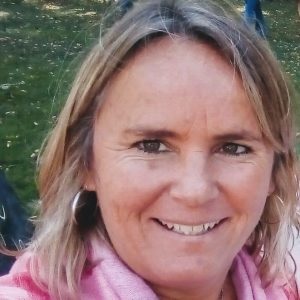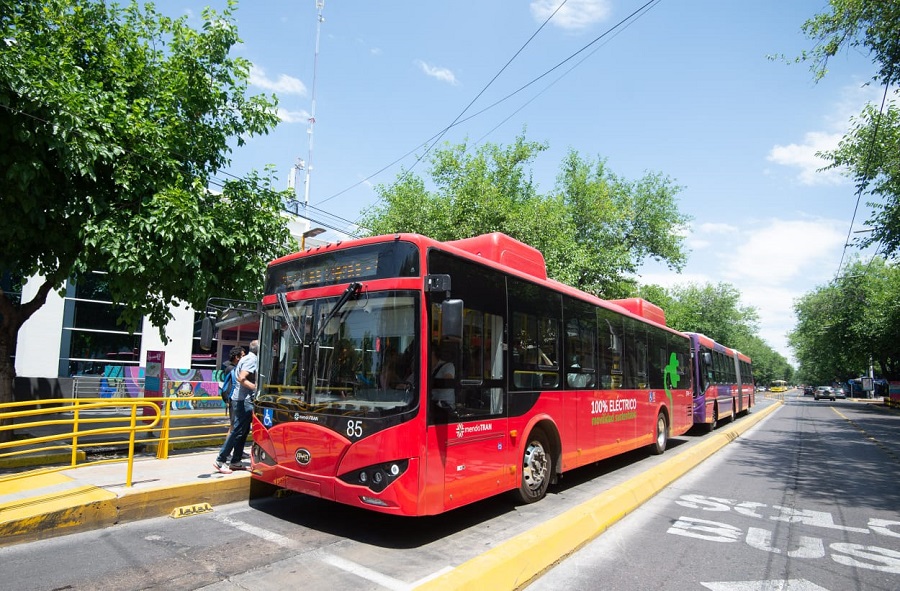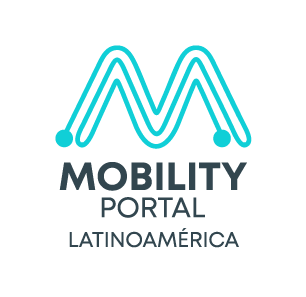Translated by: Patricia Ryan (Linkedin)
Since July 2019, the government of Mendoza started the implementation of 18 BYD electric buses and others Zhongtong.
The intention of the province is to keep adding units, but the investment cost is currently high, not being competitive neither for public companies nor for private ones.
In contact with Portal Movilidad, the Planning director of Transport of Mendoza, Lía Martínez says: “We want every new unit to be added to public transport to be clean technology; therefore, we keep looking for international cooperation and National Government intervention”.
“There is a current plan of sustainable mobility in the province, but the only obstacle we have to demand agencies the election of the technology is the cost of initial investment. We will demand to make the change as long as we have economical tools to facilitate the change of fleet”, she mentions.
These 18 electric units circulate along Ciudad de Mendoza, Godoy Cruz, Guaymallén and Las Heras, which mean an investment of 7,200,000 dollars which were funds of the Province.
In this way, the officer mentions: “We did not have many offers. When the bidding began, the intention was to acquire 50 units, but because of dollar variability only 18 could be acquired”.
“We need import fees on electric buses to be eliminated; this would mean a more competitive technology. We depend on more national policies providing economic instruments so that any private entity, with national or foreign funds, can invest in a convenient way on electric mobility”, she affirms.
Buses acquired are low floor, 12 meters long, with minimum capacity of 26 seats and reserve room for wheelchairs. They run with iron phosphate batteries and regenerative braking.
“The operator wants to achieve a system of clean transport through an intermodal planning of clean technologies. It has on its own the main structure lines of the metropolitan area (Mendotran) with high capacity of passengers. Electric buses work in two of them. The tram has a third main way“, Martínez explains.
With these buses, we took part in surveys of World Bank together with the Secretary of Energy of the Nation and intervention of Banco de Desarrollo de América Latina (CAF – Latin America Development Bank) where they searched the operative and economic technical performance in energy scenarios by 2030.
Translated by: Patricia Ryan (Linkedin)
Contact: inglesryan@hotmail.com – +5491157520278

Translated by: Patricia Ryan





















